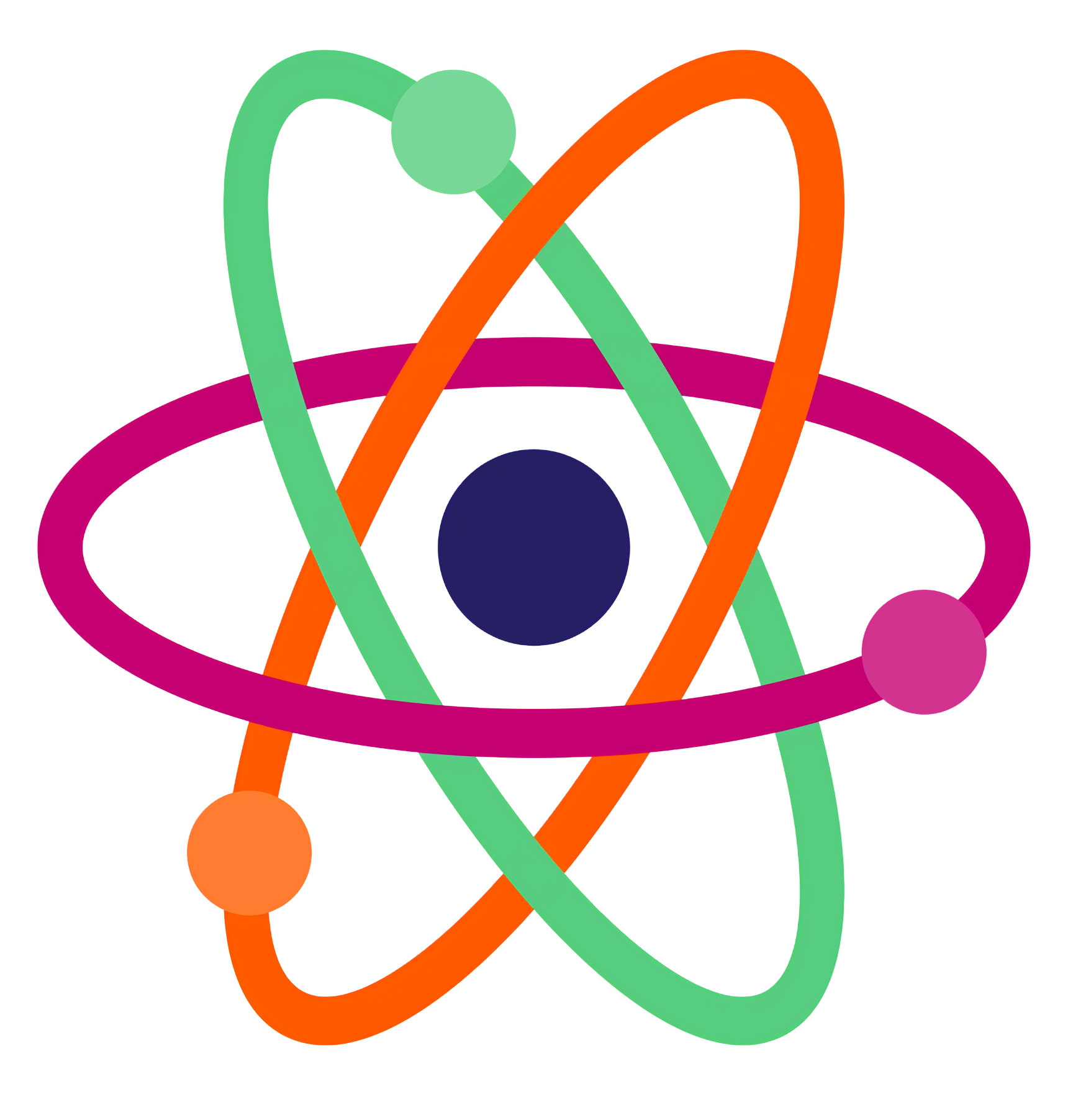CBSE Curriculum Topics for Grade II
Introduction
The Central Board of Secondary Education (CBSE) curriculum for Grade II focuses on building foundational skills in various subjects. The curriculum emphasizes holistic development through interactive and engaging learning experiences. Below are the key topics and learning objectives for Grade II across different subjects.
